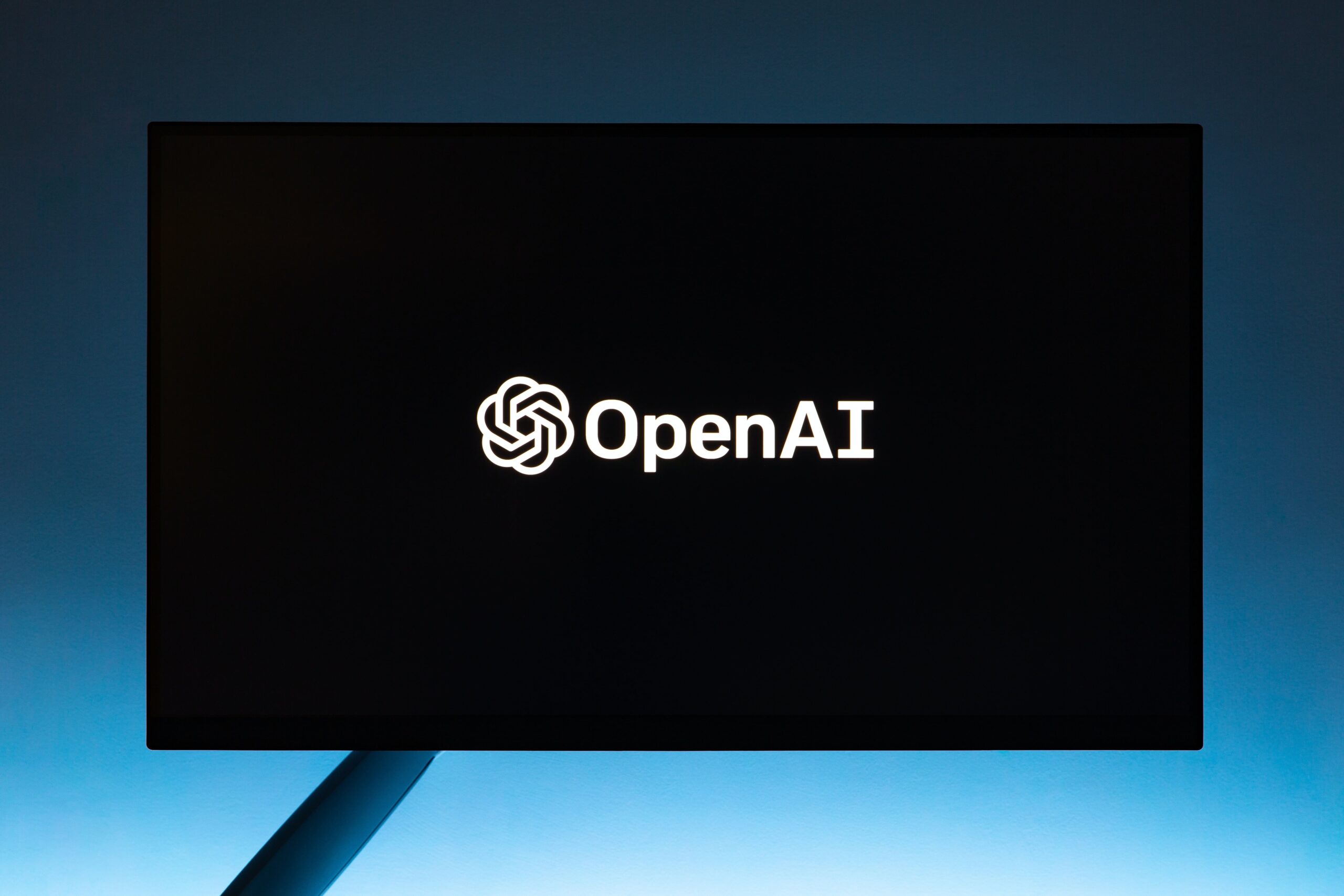Introduction
The Scientific Revolution: a watershed moment in human history that ignited a transformative blaze of knowledge & reshaped the very fabric of human understanding. This epochal period, spanning from the 16th to the 18th centuries, witnessed an unparalleled surge in scientific discovery, intellectual exploration & the birth of modern science. In this article, we delve into what the Scientific Revolution was and unravel the profound reasons behind its enduring importance.
Defining the Scientific Revolution
The Scientific Revolution was a seismic shift in thought, knowledge & methodology that radically transformed the way humans perceive the natural world. It marked a departure from age-old dogmas & traditional authority systematic observation, experimentation as the cornerstones of understanding. Pioneered by a pantheon of luminaries including Copernicus, Galileo, Kepler & Newton, this period introduced a revolutionary departure from medieval scholasticism.
At its core, the Scientific Revolution was a seismic shift from traditional, dogma-driven beliefs to empirical, evidence-based inquiry. It marked the transition from the medieval scholasticism, which heavily relied on religious and philosophical authority, to a new era of observation, experimentation, and reasoning. The pioneers of this revolution—Copernicus, Galileo, Kepler, and Newton—redefined our understanding of the cosmos, laying the foundation for modern science.
The Scientific Revolution: A Paradigm Shift in Human Understanding
The Scientific Revolution stands as one of the most pivotal moments in human history, fundamentally altering the way we perceive the world around us. Spanning the 16th to 18th centuries, this era brought about a profound transformation in scientific thought, methodologies & attitudes. This article delves into the essence of the Scientific Revolution, its driving forces, and the enduring impact it has left on our modern world.
Significance of the Scientific Revolution
Galileo’s Telescope & Empirical Observation: Galileo Galilei’s telescope provided irrefutable evidence for heliocentrism, while also revealing previously unseen celestial bodies. His meticulous records of these observations showcased the power of empirical evidence in shaping scientific understanding.
Kepler’s Laws of Planetary Motion: Johannes Kepler’s laws elegantly described the elliptical paths of planets around the Sun, providing a mathematical framework that aligned with observational data. These laws showcased the marriage of mathematics & empirical observation in explaining natural phenomena.
Newton’s Laws of Motion and Universal Gravitation: Isaac Newton’s magnum opus, the Principia Mathematica, presented a comprehensive framework for understanding the laws governing motion and gravity.
Impact on Society & Philosophy: The Scientific Revolution shattered the shackles of dogma and religious authority, fostering a spirit of inquiry and intellectual independence. It inspired Enlightenment thinkers to champion reason, individualism & the separation of church and state.
Acceleration of Technological Advancement: Scientific breakthroughs led to practical innovations, such as improved navigation tools, accurate timekeeping devices, and advancements in medicine.
Birth of the Scientific Method: One of the most significant legacies of the Scientific Revolution is the formulation of the scientific method. This structured approach to inquiry, emphasizing systematic observation, and data analysis, provided a framework for reliably acquiring knowledge.
Advancements in Astronomy and Physics: Visionaries like Copernicus, Galileo & Kepler challenged the geocentric model of the universe, paving the way for the heliocentric theory. Galileo’s telescopic observations and Kepler’s laws of planetary motion revolutionized our understanding of celestial bodies, setting the stage for future astronomical exploration.
Innovation in Medicine and Biology: The Scientific Revolution birthed a new era of medical understanding. The works of Harvey and his groundbreaking circulatory system discovery, coupled with advancements in microscopy, laid the foundation for modern medical practices.
Why It Continues to Resonate
The legacy of the Scientific Revolution continues to resonate because it showcased the immense power of human curiosity and intellectual courage. It inspired generations to question established norms, to seek truth through evidence-based exploration & embrace change even in the face of staunch opposition. The principles of empiricism, rationalism & the scientific method continue to drive progress across disciplines, ensuring that our quest for knowledge remains dynamic and relentless.
Origins and Key Figures
The roots of the Scientific Revolution can be traced back to the Renaissance, as scholars began to rekindle the spirit of inquiry and humanism. However, it was during the 16th and 17th centuries that groundbreaking thinkers emerged, pushing the boundaries of knowledge. Visionaries like Nicolaus Copernicus challenged the geocentric model of the universe with his heliocentric theory, while Johannes Kepler’s laws of planetary motion unveiled new cosmic truths. Galileo Galilei’s telescopic observations further confirmed these radical ideas, despite facing the opposition of the prevailing religious and academic establishments.
Importance and Impact
The Scientific Revolution’s importance reverberated across numerous spheres of society. It initiated a seismic shift in the relationship between science, religion, and society. By advocating the use of empirical evidence and reason, it laid the foundation for the scientific method, a systematic approach to investigation that is still employed by scientists today.
Furthermore, this revolution gave birth to a multitude of scientific disciplines, leading to unprecedented advancements. Isaac Newton’s formulation of the laws of motion and universal gravitation unified the heavens and Earth under a single framework, providing a comprehensive explanation of the physical world. This laid the groundwork for modern physics and heralded an era of mathematical precision in the natural sciences.
Influencing Enlightenment and Beyond
The Scientific Revolution’s legacy extended beyond its time, catalyzing the Enlightenment—an intellectual movement that championed reason, individualism, and progress. The embrace of scientific principles permeated society, spurring technological innovation, industrialization, and the pursuit of knowledge that continue to shape our world today.
Conclusion:
The Scientific Revolution stands as an inflection point in human history, where the flames of curiosity & rational inquiry forged a path towards a more enlightened and empirically-driven worldview. Its impact on science, society, philosophy & technology reverberates to this day, as the principles and methods birthed during this period continue to guide modern scientific exploration. In essence, the Scientific Revolution sowed the seeds of modernity and propelled humanity into an era of relentless discovery and innovation.
What was the Scientific Revolution and Why was it Important
Frequently Asked Questions (FAQ)
What was the Scientific Revolution?
Who were the key figures of the Scientific Revolution?
What were the main contributions of Copernicus to the Scientific Revolution?
How did Galileo Galilei impact the Scientific Revolution?
What is Isaac Newton's role in the Scientific Revolution?
How did the Scientific Revolution impact society?
What role did Francis Bacon play in the Scientific Revolution?
How did the Scientific Revolution influence the way we view the world today?
What is 5G+: Understanding the Magic of 5G+
You can also read:
What is 5G+: Understanding the Magic of 5G+
Exploring the Intersection of Science and Medicine: Tech and Health
Explore How Technology Contributes to Productive Communities: Tech Fusion
Negative Effects of AI: Exploring the Dark Side of AI’s Impact
AI in Health: Transforming Medical Diagnosis and Treatment
The Future of Technology in Education: Technology Advancement














